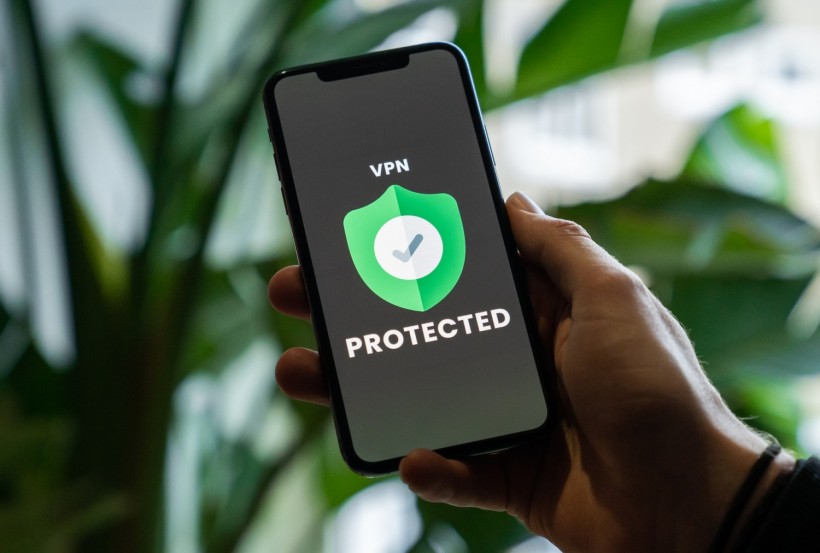In today's digital age, online privacy and security have become major concerns for internet users. With the rise of cyber threats and the growing amount of personal information available online, it's essential to take steps to protect your online privacy and security. One tool that has gained popularity in recent years is Virtual Private Networks (VPNs) and other privacy tools.
A VPN is a virtual private network that creates a secure connection between a user's device and the internet. VPNs encrypt the user's online traffic, making it unreadable to anyone who tries to intercept it. They also mask the user's IP address, making it difficult for websites and advertisers to track their online activities. VPNs offer a range of benefits, including access to geo-restricted content, protection from hackers and snoops, and anonymous browsing.
One of the standout features of VPNs is their ability to access geo-restricted content, like this unite vpn. Many websites and streaming services restrict access to their content based on the user's location. However, with a VPN, users can connect to a server in a different location and access content that is not available in their region. This is particularly useful for users who want to access content that is not available in their country, such as streaming services or websites.
Another advantage of using a VPN is protection from hackers and snoops. Public Wi-Fi networks, such as those found in coffee shops and airports, are often unsecured, making them vulnerable to hackers. However, with a VPN, users can encrypt their online traffic and protect themselves from hackers and snoops who may be trying to intercept their data.
VPN tools are also useful for anonymous browsing. When using a VPN, the user's IP address is masked, making it difficult for websites and advertisers to track their online activities. This is particularly useful for users who want to browse the internet without leaving a digital trail or for those who are concerned about their online privacy.
In addition to VPNs, there are other privacy tools that users can use to protect their online privacy and security. One such tool is Tor, which is a free and open-source software that allows users to browse the internet anonymously. Tor works by bouncing a user's internet traffic through a network of servers, making it difficult for anyone to track their online activities, you can find many apps in Allofapps.
Another tool that users can use to protect their online privacy and security is a password manager. Password managers store all of a user's passwords in one place, making it easy to create and manage strong passwords. They also offer features such as two-factor authentication and password generators, which can help users create stronger passwords and protect their online accounts from hacking attempts.
When it comes to choosing a VPN or other privacy tool, there are a few factors to consider. One important factor is the level of encryption offered by the tool. The higher the level of encryption, the more secure the tool will be. Another factor to consider is the number of servers and locations available. The more servers and locations a tool offers, the more options users will have for accessing geo-restricted content.
In terms of VPNs, users should also consider the logging policy of the VPN provider. Some VPN providers may log user data, which can compromise user privacy. Users should choose a VPN provider that has a strict no-logging policy to ensure that their online activities remain private.
Overall, VPNs and other privacy tools are essential for protecting online privacy and security. With the rise of cyber threats and the growing amount of personal information available online, it's more important than ever to take steps to protect your online activities. By using a VPN and other privacy tools, users can access geo-restricted content, protect themselves from hackers and snoops, and browse the internet anonymously.
* This is a contributed article and this content does not necessarily represent the views of sciencetimes.com











!['Cosmic Glitch' in Einstein's Theory of General Relativity Could Be Explained in This New Scientific Tweak [Study]](https://1721181113.rsc.cdn77.org/data/thumbs/full/53435/258/146/50/40/cosmic-glitch-in-einsteins-theory-of-general-relativity-could-be-explained-in-this-new-scientific-tweak-study.jpeg)



